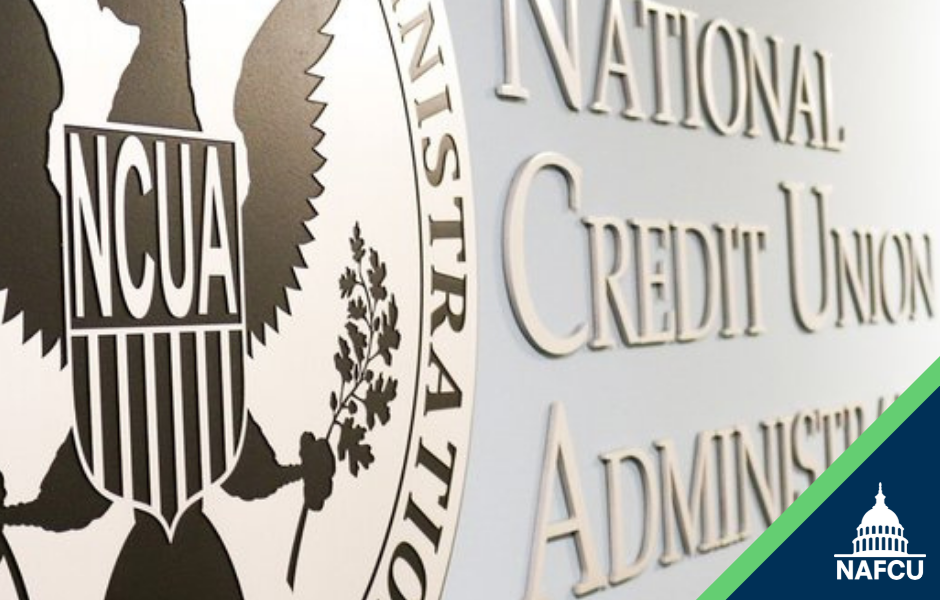Newsroom
NAFCU to NCUA: Expiring reg relief will negatively impact renewable energy lending
 As several regulatory relief provisions provided amid the COVID-19 pandemic are set to expire at the end of the year, NAFCU Vice President of Regulatory Affairs Ann Petros wrote to the NCUA Board outlining the negative impact expiring relief related to eligible obligations regulations could have on credit unions’ ability to participate in the renewable energy lending market.
As several regulatory relief provisions provided amid the COVID-19 pandemic are set to expire at the end of the year, NAFCU Vice President of Regulatory Affairs Ann Petros wrote to the NCUA Board outlining the negative impact expiring relief related to eligible obligations regulations could have on credit unions’ ability to participate in the renewable energy lending market.
The NCUA in April 2020 adopted a temporary final rule that modified its loan participation and eligible obligations regulations, which allowed credit unions to collectively meet increased borrowing demand.
Petros noted that the agency’s recently proposed financial innovation rule related to loan participations, eligible obligations, and notes of liquidating credit unions “is a testament to the fact that credit unions can safely manage their balance sheets beyond certain prescriptive regulatory limits that were previously held up as the outer bounds of prudent lending.”
“The proposed rule may move credit unions, many of which do not have the resources to stand up the full suite of loan products offered by large, for-profit banks, onto a more level lending playing field,” she wrote. “However, the proposed rule would not protect all of the temporary final rule’s successes equally. For example, [federal credit unions’] being empowered to help meet more members’ renewable energy borrowing needs, may have been an unintended or even unforeseen outcome, but this has nonetheless improved the credit union system’s strength and resiliency and should be protected.”
Petros specifically highlighted solar panel financing, as it “currently comprises the vast majority of the consumer renewable energy lending market.” Most solar panels are warrantied for 25 years, Petros noted, and borrowers therefore seek out renewable energy loans with 25-year maturities.
Petros recommended the NCUA adopt a permanent exception to the general 15-year maturity limit to enable federal credit unions to continue to make indirect renewable energy loans with 25-year maturities. Absent a permanent exception, the agency should extend the temporary final rule until comments from the financial innovation proposal are received and considered.
NAFCU sent a Regulatory Alert to member credit unions Wednesday outlining the financial innovation proposed rule. The association also recently advocated for credit unions’ participation in the Greenhouse Gas Reduction (GHGR) Fund to support projects that reduce greenhouse gas emissions and air pollution in low-income and disadvantaged communities.
Share This
Related Resources
CFPB Reform Issue Brief
Whitepapers
Interchange One-Pager
Whitepapers
Credit Union-Bank Mergers Fact Sheet
Whitepapers
Data Privacy Issue Brief
Whitepapers
Get daily updates.
Subscribe to NAFCU today.
